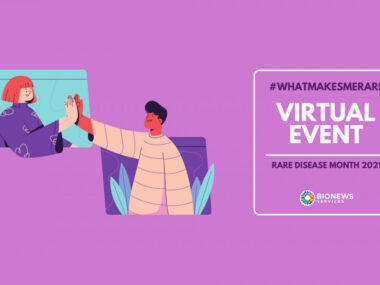ET-101 Is Biologically Equivalent to Approved Topiramate Solid Products, Study Shows
Written by |

ET-101, Eton Pharmaceuticals’ proprietary topiramate oral solution shows similar properties and is biologically equivalent to the currently approved topiramate oral solid product, according to data from a bioequivalence study conducted in healthy volunteers.
ET-101 is being investigated as a potential add-on therapy to manage seizures in children 2 and older who have Lennox-Gastaut syndrome, a severe form of epilepsy that often fails to respond to treatment with standard anti-seizure medications. In addition to seizures, ET-10 also is being evaluated as a preventive treatment for migraines in children 12 and older.
The therapy’s active ingredient, topiramate, is an anticonvulsant that is used to treat seizures in adults and children, and to prevent migraines in adults and adolescents.
A bioequivalence study in healthy male volunteers has shown that ET-101 is pharmacologically identical to currently approved topiramate-based oral solid products when taken under fasting conditions. Moreover, a food effect study also has shown that when taken with food, ET-101 maintained its original bioavailability, indicating the product is not influenced by food. (Bioavailability refers to the rate and extent to which a medicine reaches its site of action.)
“We are pleased to report positive results for ET-101, which brings the product one step closer to the market. ET-101 represents a very large market opportunity and is an important part of our growing pediatric neurology portfolio,” Sean Brynjelsen, CEO of Eton Pharmaceuticals, said in a press release.
“We believe our proprietary oral liquid formulation will address a critical unmet need for pediatric epilepsy patients and we look forward to bringing the product to them as quickly as possible.”
ET-101’s unique proprietary formulation is stable at room temperature, and has been specifically created to offer patients a precise and easy method of therapy dosing and administration. If approved, ET-101 will be the first oral solution of topiramate to enter the market, which has been valued at more than $800 million per year, according to Iqvia.
The company is planning to submit a new drug application (NDA) for ET-101 to the U.S. Food and Drug Administration (FDA) before the end of the year, which might allow the U.S. agency to approve Eton’s therapy by mid-2021.


